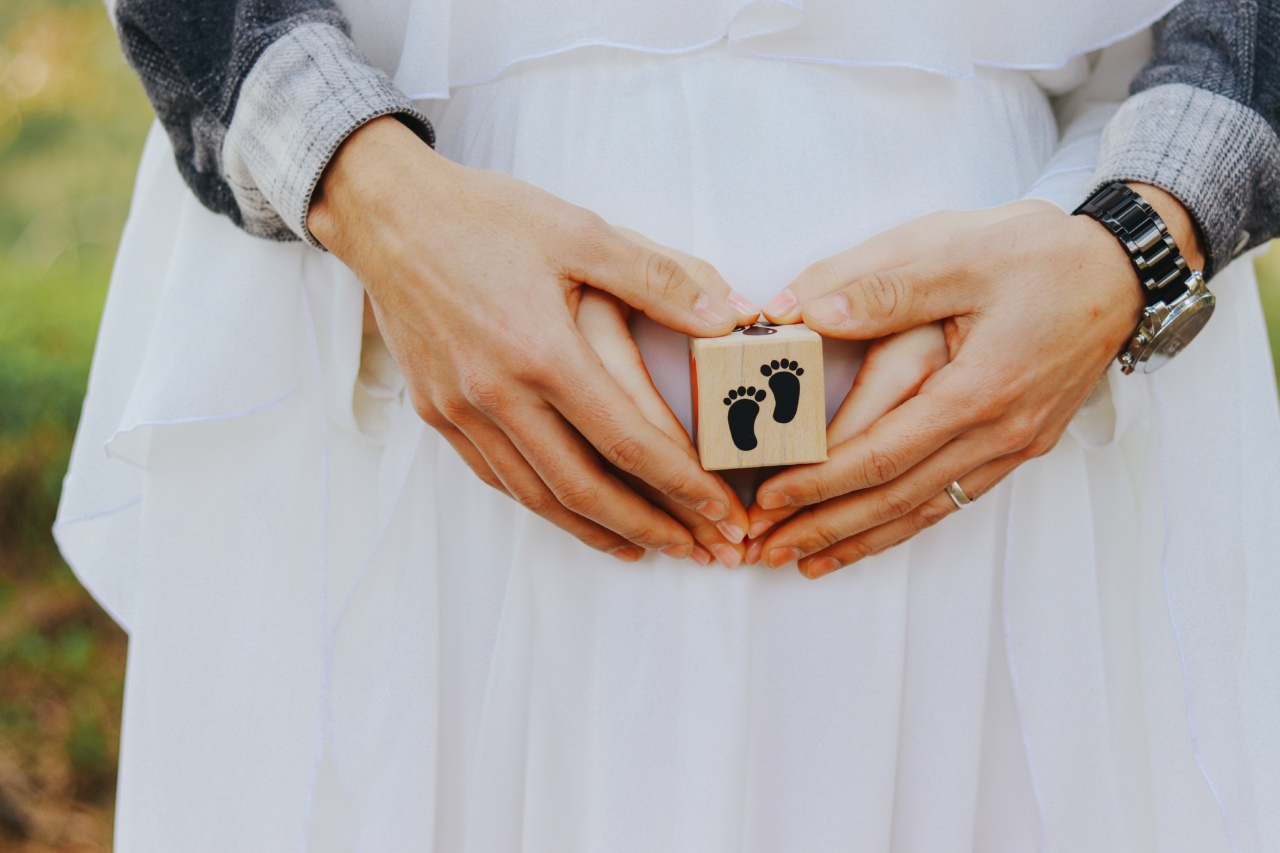A miscarriage is a loss of pregnancy that occurs before the 20th week. It is a painful experience for many women and can lead to emotional trauma.
While in most cases there is nothing one can do to prevent miscarriages, it is important to know the underlying factors that increase the risk of miscarriage to prevent the risk where possible. Below are some of the risk factors that increase the likelihood of having a miscarriage.
Advanced Maternal Age
Advanced maternal age, which is 35 years and above, is one of the primary risk factors of miscarriage. As women age, the number and quality of eggs decline, increasing the likelihood of chromosomal abnormalities leading to a miscarriage.
Women above 35 years of age have a higher chance of having a miscarriage, and the probability only increases with age.
Previous Miscarriage
If you have had a previous miscarriage, then the chance of another miscarriage increases to around 25 percent. The risk increases if you have had two or more miscarriages in a row.
In some instances, the cause of your past miscarriages could be a medical condition that requires medical attention. Seek medical advice if you have had more than one miscarriage in a row.
Medical Conditions
Infections such as rubella, HIV, and other sexually transmitted diseases increase the risk of miscarriage. Illnesses such as thyroid disorders, diabetes, and autoimmune disorders could also lead to a miscarriage.
Women with blood clotting disorders are also at a higher risk of miscarriage.
Lifestyle Factors
Unhealthy lifestyle habits such as drinking, smoking, and drug use could negatively affect both the mother and the baby. Smoking cigarettes during pregnancy increases the risk of complications, including miscarriage.
It is important to avoid alcohol and any drug use during pregnancy as they are known risk factors that could lead to a miscarriage.
Poor Diet and Nutrition
A balanced diet is crucial during pregnancy, and a poor diet could increase the risk of miscarriage. Nutrients such as Vitamin B, folate, and iron are essential in maintaining a healthy pregnancy.
You should also avoid consuming certain food and drinks such as caffeine as it could increase the risks of miscarriage.
Multiple Pregnancies
If you are pregnant with multiples, the risk of miscarriage increases. The risk is higher if you are carrying more than two fetuses.
Multiple pregnancies also increase the risk of complications such as preeclampsia and premature labor, which could lead to a miscarriage.
Stress
Stress is a part of life, but it is important to learn how to manage it during pregnancy. High levels of stress could lead to a miscarriage or other complications such as premature labor.
Women who have had a past miscarriage should seek ways to manage their stress levels to prevent another miscarriage from occurring.
Environmental Factors
Exposure to harmful chemicals, radiation, and other environmental hazards could increase the risk of miscarriage. Some cleaning products, pesticides, and lead-tainted water could cause a miscarriage or lead to other complications during pregnancy.
Anatomical Issues
Anatomical issues such as weak cervix, uterine abnormalities, and fibroids could lead to a miscarriage.
Women with a history of these problems need extra care during pregnancy and should consult their doctor to ensure that any necessary steps are taken to prevent a miscarriage.
Conclusion
A miscarriage is a painful experience, but there are ways to prevent it from occurring, including knowing the risk factors and taking preventative measures.
Talk to your doctor if you have any concerns about your pregnancy, and make sure you take the necessary steps to ensure you have a safe and healthy pregnancy.






























